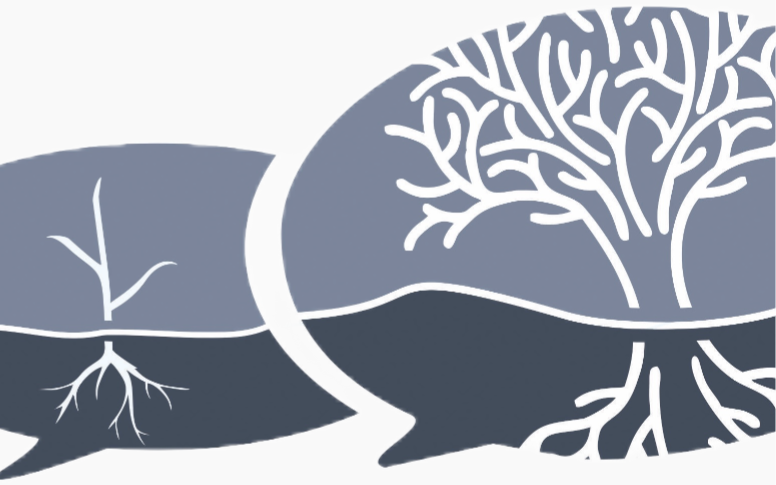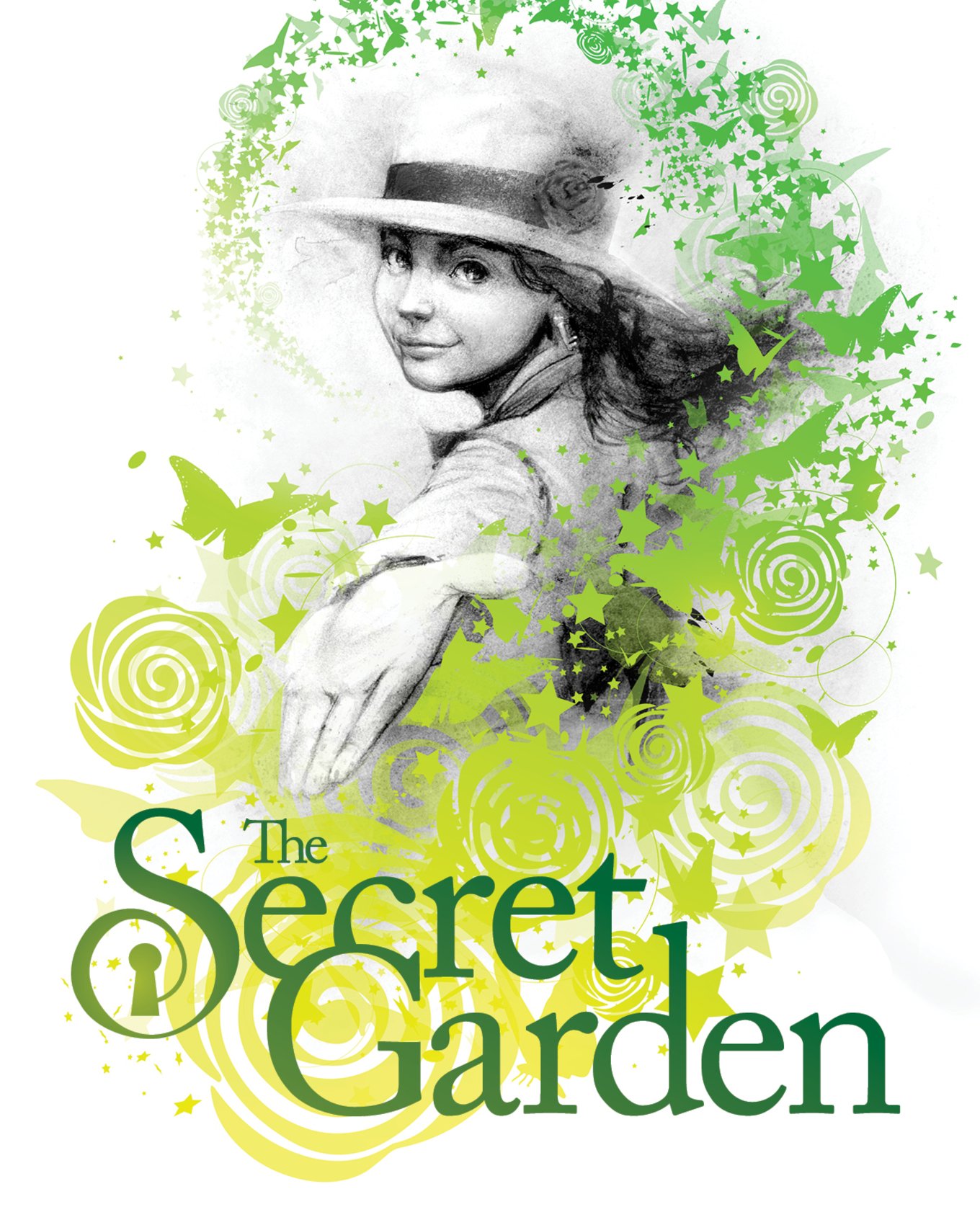A couple weeks ago, my 10-year-old son Robbie and I attended the Denver Center for the Performing Arts staging of the musical, The Secret Garden. While we both enjoyed the music, the staging, and the story, on the way home we talked about the deeper metaphors within the play.
It started with a conversation about people and the saying, “Hurt people, hurt people.” In case you’re not following, people who are hurting often express their pain by hurting others.
Then we compared hurt people to the locked up secret garden. Then we identified Mary Lennox, her uncle Archibald, and her cousin Colin as locked up gardens. For each, a story explains the door closing, the neglected ground, and the loss of the key. The essence of the story revolves around the healing of those hurts, tending gardens of the heart, and the blooming of souls.
How about you? Is your heart a secret garden? Are you hurting and find yourself hurting others? Here are four keys (pun intended) to tending your secret garden.

Becoming Aware of Your Locked Up Garden
It’s easy to dismiss an act of foolishness or cruelty with the line, “You’re only human.” It rarely matters who the person is or what they’ve done. We are adept at minimizing, justifying, or simply brushing off shortcomings. Perhaps it’s because we know we’ll want the same treatment some day.
Christians often take this dismissal to another level. We forgive at the expense of the violated. Far too often, grace becomes permission to abuse, not seek healing, or an invitation to move forward pretending nothing happened. I write this fully and regretfully aware I’ve used and abused this gift at the expense of others.
So what if, instead of marking those failings as what it means to be human or something to forgive, we put them into context? Try these lines:
- “Your false-self won that moment.”
- If you prefer the Apostle Paul’s language, “Your Old Adam had a field day.”
- The psychologist Jung would comment about the shadow self.
- A humanist, might say, “Not very actualized at the moment, are you?”
While you can pick whatever terminology works best for you, don’t miss the point behind the words. We, as people, are capable of extraordinary kindness and beauty. We are also prone to violence. Quite often, both extremes appear on the same day.
I believe Jesus’ humanity reveals what it means to be truly human. He came to reveal the path to finding our true self … the New Adam, a life in the light, our actualized self. That’s who we are when our secret gardens are open and in bloom.
So the first key to tending your secret garden is admitting everything isn’t alright and the garden is locked up.
Opening Your Secret Garden Will Hurt
While in the story it’s a bird that helps Mary find the key that was thrown away, in life, you hold the key to your garden. You are the one with the power to unlock the door and step inside.
But if that’s true, if it’s as simple as you opening the door, why are so many gardens kept secret and untended? Why don’t we just open them up and step inside? The answer is simple. Because we’re the ones who locked our gardens in the first place.
Once again, we turn to the story. Mary is an unwanted child who loses everyone she knows to cholera. Archibald lost his wife. Colin reminded his father of his deceased mother and spent his young life under the delusion of a fatal illness. For others it’s abuse, be it sexual, physical, emotional, or spiritual. Childhood neglect or bullying are often the cause. Betrayal by a loved one can prompt us to lock our gardens. For military personnel, it can be the trauma of war. The list goes on and on.
Opening the garden means facing whatever prompted us to close it. Only now, we’ve given the wound time to fester. Our avoidance, while keeping us going when we couldn’t or weren’t able to face the pain, makes healing today all the more challenging. Thus Mary walks into the garden and declares it dead and hopeless. The experience is far more painful when we look into our hearts.
You Don’t Have to Garden Alone
When Mary finally discloses to Dickon that she’s been inside the secret garden and found it hopeless, he instantly offers her a different perspective. As an expert gardener, he knows where to look for signs of life. Dickon’s experience allows him to see the difference between what is and what could be. Moreover, Dickon’s experience allows him to be patient during the transformation process.
Who might serve as a Dickon in your life? Here are some options:
- A spouse who can see the best version of you and not only helps you see it, but prophetically calls it forth.
- Some friends you can be totally honest with. I’ve got four guys I talk with regularly.
- A pastor.
- A therapist. If talk therapy doesn’t work, try other modalities. Experiential approaches and EMDR are my favorites.
- Group work. 12-Step groups like AA and Celebrate Recovery are popular examples.
- Treatment centers … be it for a weekend or a month. The Meadows is expensive but has something for everyone if you’re struggling to find some traction.
Beyond Dickon, there’s another voice in Mary’s life that plays an integral role in her transformation: Martha. From challenging Mary’s request to dress her, to presenting Mary with a skipping rope and sending her into the gardens to play, Martha serves as an ongoing presence that gently presses Mary into the transformational journey.
I liken Martha to the presence of the Holy Spirit … Christ in us. The Spirit prompts, invites, and encourages us to take steps forward while constantly reassuring us that, when we feel like we’re falling, it’s ok because we can safely fall into God.
For me, the role of the divine is key. This is why I needed to sort out hating God before I could unlock my secret garden.
Know There is Beauty on the Other Side
My mom has had five joint replacement surgeries. Two knees, two hips, and a shoulder. Doctors replaced the shoulder as preparation for doing the hips.
On four of the five surgeries, she recovered quickly. But that first knee, her first joint replacement, it took forever. Why? On replacements two through four, she knew that on the other side of surgery’s pain, life felt better. But on the first knee, the joint hurt worse after the surgery than before, her physical therapy only exacerbated the pain, and future health seemed hopeless.
Stepping into your secret garden is depressing. It involves poking and prodding that only causes more pain. Things feel worse at first. But there is beauty on the other side. Know it. Embrace it. Believe it. Trust it. It’s what will keep you from turning back.
A Song For the Journey
My therapist introduced me to this song as so much of our time together focused on me finding my heart:

